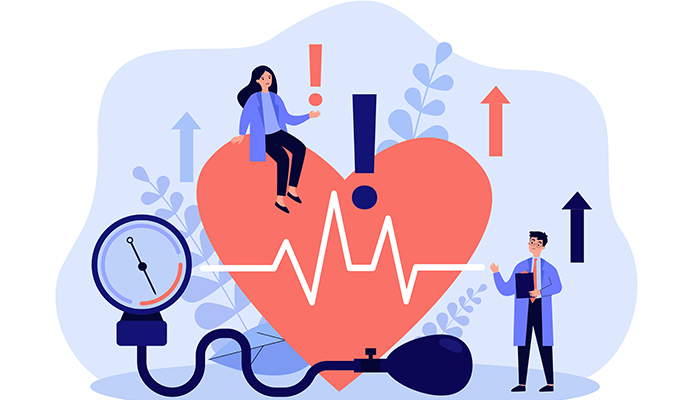The Impact of Stress on Heart Health: Cardiologist’s Insights

Stress affects heart health in many ways. It can increase blood pressure and cause inflammation. This makes the heart work harder. Over time, this can lead to heart disease. Cardiologists see how stress harms the heart. Studies show a strong connection between stress and heart problems. Experts from neurology brighton beach emphasize this link. Understanding stress is key to protecting the heart.
How Stress Impacts the Heart
Stress triggers the body’s “fight or flight” response. This reaction increases certain hormones, like adrenaline and cortisol. These hormones raise heart rate and blood pressure. When stress is constant, the heart constantly works harder than it should.
Physiological Changes Under Stress
During stress, several physiological changes occur:
- Increased heart rate
- Higher blood pressure
- Narrowed blood vessels
These changes can wear down the heart over time. According to the National Heart, Lung, and Blood Institute, chronic stress can lead to serious heart conditions.
Effects of Long-Term Stress
Long-term stress can cause damage to the heart in multiple ways. Here is a comparison of short-term vs. long-term stress effects:
| Type of Stress | Effects on Heart |
|---|---|
| Short-term | Increased heart rate, heightened alertness, quickened breathing |
| Long-term | Persistent high blood pressure, increased risk of heart attack, and artery damage |
Strategies for Managing Stress
Managing stress is essential for heart health. Here are three strategies that help reduce stress:
- Exercise Regularly: Physical activity releases endorphins which improve mood and reduce tension.
- Practice Relaxation Techniques: Techniques like deep breathing and meditation calm the mind and body.
- Maintain Social Connections: Spending time with loved ones can decrease stress levels.
These strategies not only help manage stress but contribute to a healthier heart.
The Role of Diet and Lifestyle
Diet and lifestyle choices also impact stress levels and heart health. Consuming a balanced diet rich in vegetables, fruits, lean proteins, and whole grains supports heart health. Limiting caffeine and alcohol intake can also reduce stress.
Getting enough sleep and avoiding smoking are crucial lifestyle choices. According to the Centers for Disease Control and Prevention, a healthy lifestyle plays a significant role in reducing stress and preventing heart disease.
Conclusion
By understanding the impact of stress on heart health, steps can be taken to manage it. Cardiologists offer insights that highlight the importance of stress management. Protecting the heart requires recognizing stress and responding with effective strategies. Simple lifestyle changes can make a significant difference in heart health.





